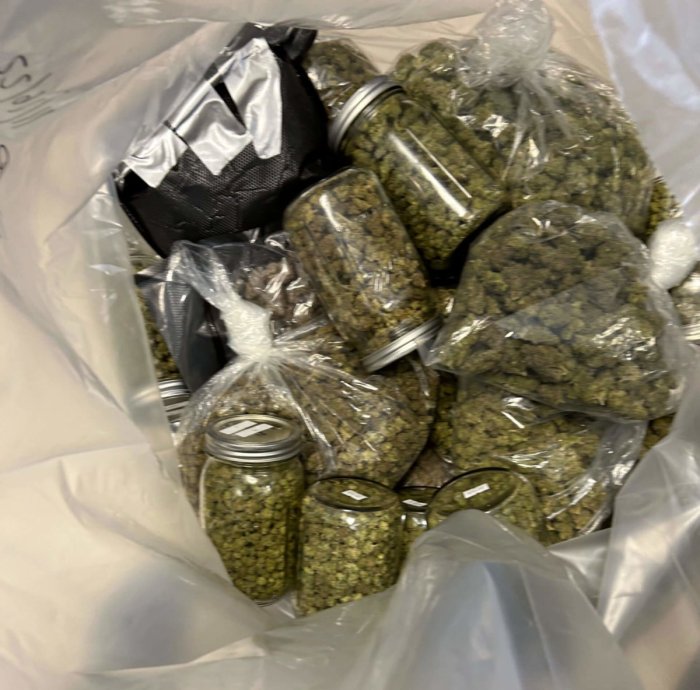New York’s cannabis industry is at a crossroads. The sluggish rollout of state-licensed adult-use dispensaries has allowed the illicit market to flourish, selling untested and potentially unsafe products to unsuspecting consumers.
Meanwhile, the almost decade-old medical cannabis program is struggling, losing both patients and practitioners. Also, the medical program is shedding unionized jobs due to the state’s refusal to expand the program as required by law or make simple regulatory changes that would expand both accessibility and equity.
For example, pharmacists currently aren’t allowed to certify medical cannabis patients, despite having the training, expertise, and licensure to do so. Expanding certification qualifications will reduce red tape and make it easier for patients to enroll in the program, potentially reversing the downward slide of medical cannabis as a priority.
A bill introduced by state Sen. James Skoufis would empower pharmacists working for registered medical cannabis dispensaries, enabling them to certify patients. Participating pharmacists would be required to undergo additional training and registration to further ensure patient safety. This would help New Yorkers more easily access products that can greatly improve their quality of life. The Legislature should not leave Albany without passing this important proposal and should send it to the governor’s desk without delay.
Empowering medical professionals to improve access to important medications in this way isn’t novel. Gov. Kathy Hochul recently signed a bill that enables pharmacists to prescribe and dispense three types of hormonal contraception without a doctor’s prescription – a move that will be particularly helpful to members of marginalized communities who don’t have easy access to a primary care provider.
Medical cannabis has been available to New Yorkers since 2014 and has been proven to be helpful for many health conditions, including chronic pain, epilepsy, and chemotherapy-induced nausea.
Under the current law, patients must go through a medical provider participating in the state’s medical cannabis program to get a patient certification. This process comes with a host of issues: Patients have complained of lengthy delays in receiving their medical cards from the state Office of Cannabis Management and the state tracking systems have a history of being glitch-ridden, resulting in some dispensaries — including mine — being forced to turn patients in need away.
These logistical challenges make the program unworkable for many patients. A report by New York Cannabis Insider found that nearly 10 percent of registered patients – about 12,000 people – had left the program over the past six months.
New York’s medical program has long lagged behind nearly every other state in terms of patient count, despite being the nation’s fourth most populous state. For example, in Florida, which has a similar population, there are over 800,000 patients. In Pennsylvania, there are over 700,000 patients. In New York, the patient count has dwindled to just over 120,500.
In New York, patients are likely turning to the easily accessible booming illicit market, purchasing unregulated and potentially toxic products, or – if they live near one of the few state-licensed dispensaries that are up and running – the legal adult-use market, where they do not have access to medically trained pharmacists.
There are additional proposals pending in Albany that would help shore up the medical program, including a bill that would establish reciprocity agreements with other states where medical cannabis is legal. Unfortunately, a push to remove the 7 percent excise tax on medical products was not included in the final state budget deal, but the medical operators will keep pushing for this important reform.
Adopting the Pharmacist Certification Bill before the session ends will drastically increase accessibility to the medical program, and modestly improve affordability by cutting out a required doctor’s visit and subsequent copay.
It’s time that lawmakers in Albany invest in medical cannabis patients and acknowledge the value in amending this law to ease the patient certification process while ensuring the proper safeguards are maintained. Patients have been too often overlooked as the adult-use program gets off the ground. This bill is a step in the right direction toward demonstrating that lawmakers still consider them a priority and they aren’t being entirely left behind.
Chip Walker is the general manager and lead pharmacist for Columbia Care stores in Brooklyn and Manhattan.




































